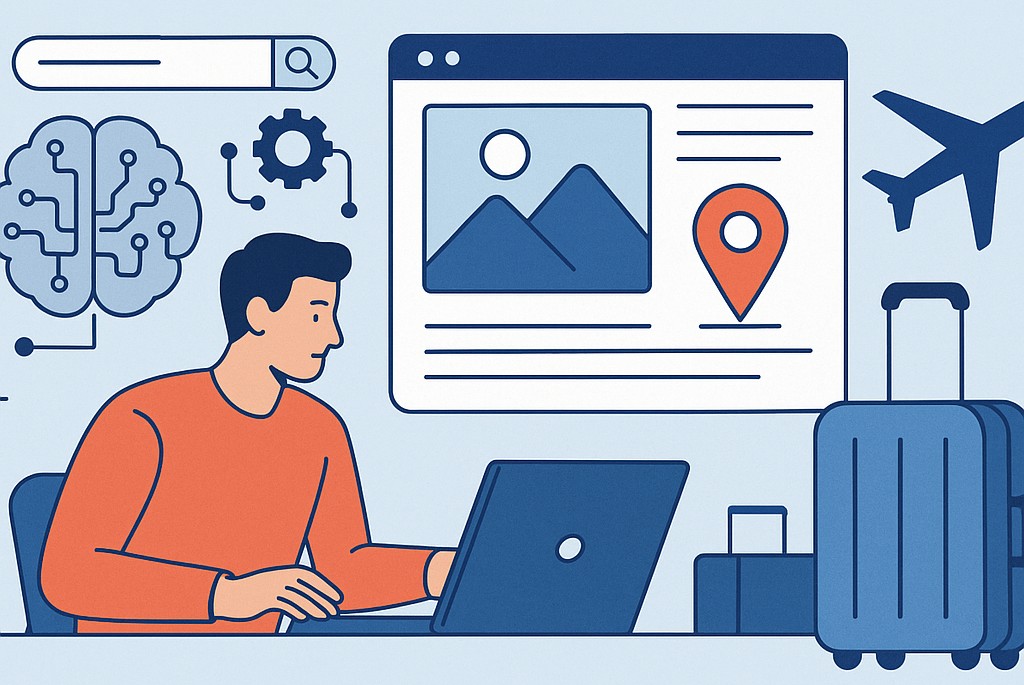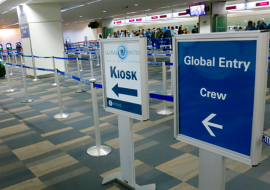5 Ways to Optimize Travel Websites for Artificial Intelligence

In today’s age of digital transformation, artificial intelligence (AI) has become an essential tool for websites related to travel and tourism. From enhancing the user experience to personalizing content and boosting conversions, integrating AI is not just a competitive edge—it’s a must for staying relevant in an increasingly digital market.
Real-Time Personalization
One of AI’s biggest advantages is its ability to offer personalized recommendations. By analyzing browsing data, past searches, and user preferences, algorithms can suggest destinations, accommodations, or tour packages tailored to each visitor. This level of personalization drives higher user engagement and increases conversion rates.
Smart Chatbots and 24/7 Support
AI-powered chatbots provide instant and efficient customer support, even outside business hours. These virtual assistants can answer questions, suggest routes, help with bookings, or manage last-minute changes, significantly improving customer satisfaction.
SEO Content Optimization
AI can also support the creation and optimization of SEO-friendly content. Tools like AI-based text generators can produce destination descriptions, blog posts, or reviews using relevant keywords, helping sites achieve better search engine rankings and increased online visibility.
Automated Marketing
Using AI in digital marketing campaigns allows for more accurate audience segmentation, automated personalized emails, and real-time performance tracking. This results in more effective advertising strategies and improved return on investment (ROI).
Predicting Trends and Behavior
Through data analysis, travel sites can anticipate travel trends, identify consumer behavior patterns, and adjust their offerings accordingly. This predictive power enables more competitive pricing and better market positioning.
Key Tips for Effective Implementation
To get the most out of AI, travel websites should focus on:
-
Integrating smart recommendation engines
-
Using predictive analytics to optimize pricing and deals
-
Implementing multilingual chatbots for global audiences
-
Automating segmented email campaigns
-
Leveraging machine learning to better understand visitor behavior
Ultimately, artificial intelligence isn’t the future of digital travel—it’s the present. Websites that want to lead in the competitive world of online travel must adopt these technologies now to deliver more human, efficient, and memorable experiences.
Because in the new map of digital tourism, AI is the compass pointing the way.














